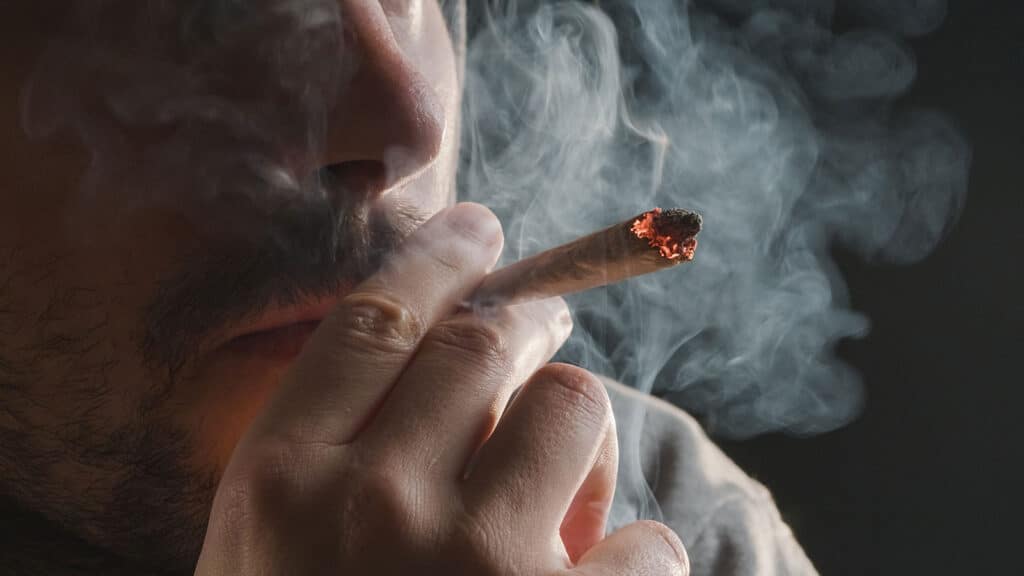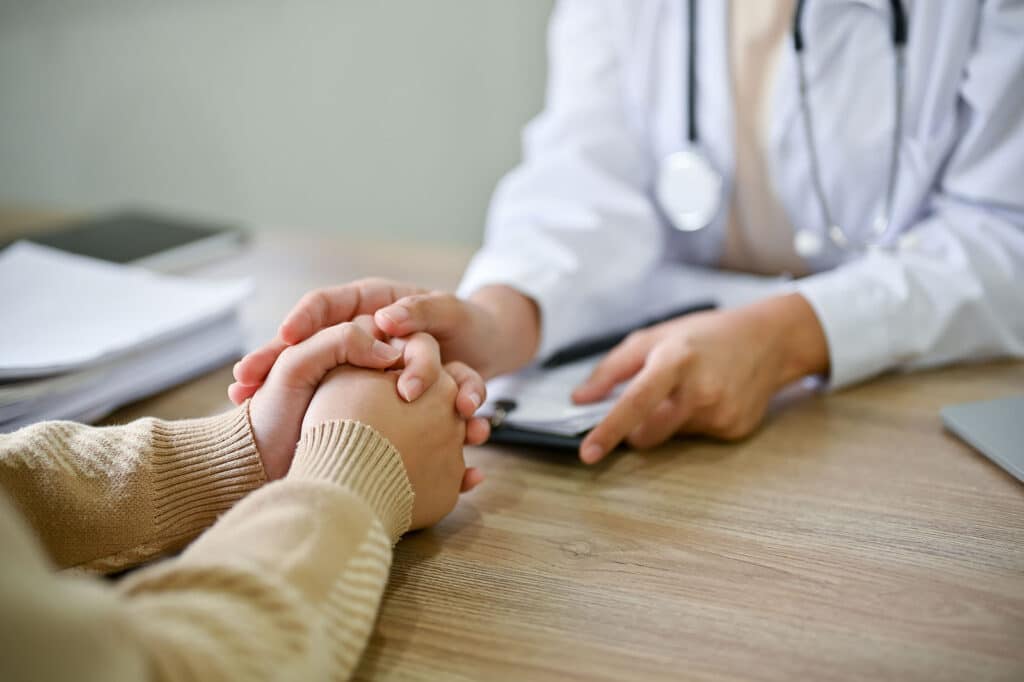Slang terms for illicit and other commonly abused drugs are constantly changing and evolving. No matter which type of substance you’re talking about, you can likely pick any one of about 20 words to describe it. For example, say you’re describing codeine. You could call this opioid narcotic painkiller Captain Cody, Schoolboy, Sizzurp, Lean, Purple Drank, Pancakes, and Syrup… the list goes on and on. Why do people use slang terms instead of the actual drug name itself?
In most cases, people describing a substance they have been abusing want to be as discreet as possible. They don’t want to come right out and say, “Hey, do you have any codeine I could buy?” Saying something like, “Hey, do you happen to know Cody,” is more inconspicuous.

What is ‘Water’?
Of course, so many variations of drug names make it difficult to determine exactly what someone is talking about. This is especially true of slang terms for drugs that can be easily confused with something else — like water.
Indeed, within the broader discussion of water, it is essential to confront the alarming trend of its misuse as a street term for a perilous drug concoction. ‘Water,’ in this context, represents a sinister departure from its life-sustaining essence, morphing into a euphemism for a cigarette or marijuana joint saturated with liquid PCP or a mixture of embalming fluid and PCP. This transformation reflects the dark underbelly of substance abuse culture, where innocuous terms cloak the grave risks associated with illicit drug consumption.
Phencyclidine (PCP), a hallucinogenic drug notorious for inducing violence and erratic behavior, stands at the center of this dangerous trend. PCP’s adverse effects on users have been well-documented, prompting concerns among health professionals and regulatory agencies alike. While national rates of PCP use have seen a decline, the emergence of ‘water’ as a street term suggests localized pockets of resurgence, particularly in states like New York and other eastern regions.

Moreover, the presence of PCP-laced water poses significant challenges not only to public health but also to environmental integrity. The potential for drug contaminants to infiltrate water sources raises concerns about the safety of drinking water and its impacts on aquatic life. Furthermore, the co-occurrence of pharmaceuticals, such as acetaminophen and antidepressants, in water sources underscores the complexity of water quality management and the need for stringent regulatory oversight.
Efforts to address the misuse of ‘water’ as a drug term require a multifaceted approach encompassing prevention, intervention, and enforcement strategies. Public education campaigns aimed at raising awareness about the dangers of substance abuse, including the deceptive use of innocuous-sounding terms, are essential in empowering individuals to make informed choices and seek help when needed. Additionally, regulatory agencies like the FDA play a pivotal role in monitoring pharmaceutical contaminants in water and implementing measures to mitigate their adverse effects on public health and the environment.
In conclusion, the misuse of ‘water’ as a street term for a dangerous drug cocktail underscores the complex interplay between substance abuse, public health, and environmental stewardship. By addressing the root causes of drug dependency, promoting education and awareness, and strengthening regulatory frameworks, we can work towards safeguarding both human health and the integrity of our water supply. Only through concerted efforts can we ensure that water remains a symbol of vitality and sustenance rather than a conduit for harm and despair.

Side Effects from Drug Known as ‘Water’
When a person uses PCP in any form (including ‘water’), they experience the following symptoms:
- Slurred speech/an inability to speak clearly
- Numbness of the extremities
- Loss of coordination
- Increased strength (due to lack of sensation in the extremities)
- Acute hallucinations, both auditory and visual
- Extreme anxiety and panic attacks
- Involuntary eye movements
- Loss of memory
- Extreme paranoia
- Violent outbursts and unexplainable anger
- A psychosis that seems a lot like schizophrenia
- Nausea and vomiting
- Profuse sweating and heightened body temperature
- Depressed mood and suicidal ideation
How can you effectively treat PCP addiction once it develops? Because this particular drug is so highly addictive, it is important for anyone who has been struggling with an addictive disorder to first enter into a medical detox program, seeing as the symptoms of withdrawal can be so physically and psychologically uncomfortable. Symptoms of PCP withdrawal include intense anxiety, severe stomach cramping, nausea, vomiting and diarrhea, insomnia, uncontrollable shaking, loss of appetite, and general feelings of physical discomfort.
These symptoms can all be adequately treated in a medical detox facility. Once detox concludes, it is good for the person to transition directly into a rehab center for between 30 days and 90 days. The psychological drug cravings that go hand in hand with the early days of sobriety following active PCP addiction can be difficult to get a hold of, which is why residential treatment is a good idea. To learn more about the most appropriate stages of a PCP addiction treatment program, contact us today.

Garden State Treatment Center and Drug Addiction Recovery
At Garden State Treatment Center, a healthcare provider specializes in treating PCP or ‘water’ addiction or ‘water treatment,’ and we know how devastating ‘water’ and other drugs can be that may lead young people, including you or your loved ones, into life-threatening cases. If you or someone you know has been abusing PCP or any other potent stimulants and illegal hallucinogenic drug, we are available to help, and you must seek medical advice for a safer transition to recovery.Simply contact us today to learn more about our drug rehab in New Jersey or begin your journey of drug addiction recovery. Taking the first step and reaching out for help is the hardest part — as soon as you make contact, we will walk you through the remainder of the process in a matter of minutes.
Published on: 2021-09-10
Updated on: 2024-04-11



